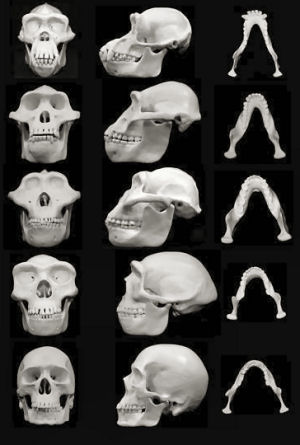
Habitat destruction, overfishing, ocean warming, increased acidification and massive nutrient runoff are combining to turn Earth’s oceans into simplistic ecosystems dominated by microbes, toxic algal blooms, jellyfish and disease, says Jeremy Jackson, a professor of oceanography at Scripps Institution of Oceanography at UC San Diego. He contends that human activities are cumulatively driving the health of the world’s oceans down a rapid spiral, and only prompt and wholesale changes will slow or perhaps ultimately reverse the catastrophic problems they are facing.
Jackson describes the potently destructive effects when forces combine to degrade ocean health. For example, climate change can exacerbate stresses on the marine environment already brought by overfishing and pollution. “All of the different kinds of data and methods of analysis point in the same direction of drastic and increasingly rapid degradation of marine ecosystems,” Jackson writes in the paper.
Jackson furthers his analysis by constructing a chart of marine ecosystems and their “endangered” status. Coral reefs, Jackson’s primary area of research, are “critically endangered” and among the most threatened ecosystems; also critically endangered are estuaries and coastal seas, threatened by overfishing and runoff; continental shelves are “endangered” due to, among other things, losses of fishes and sharks; and the open ocean ecosystem is listed as “threatened” mainly through losses at the hands of overfishing.
“Just as we say that leatherback turtles are critically endangered, I looked at entire ecosystems as if they were a species,” said Jackson. “The reality is that if we want to have coral reefs in the future, we’re going to have to behave that way and recognize the magnitude of the response that’s necessary to achieve it.”
To stop the degradation of the oceans, Jackson identifies overexploitation, pollution and climate change as the three main “drivers” that must be addressed. “The challenges of bringing these threats under control are enormously complex and will require fundamental changes in fisheries, agricultural practices and the ways we obtain energy for everything we do,” he writes.
Related:
Alarm Over Rising Acidity Of Oceans
Icebergs – Oases Of The Ocean
Swimming Critters Add New Variable To Climate Confusion
Climate “Tipping Points” Identified
Something Fishy About Rocketing Oceanic Nitrogen Levels


















Comments are closed.